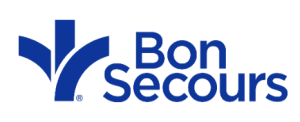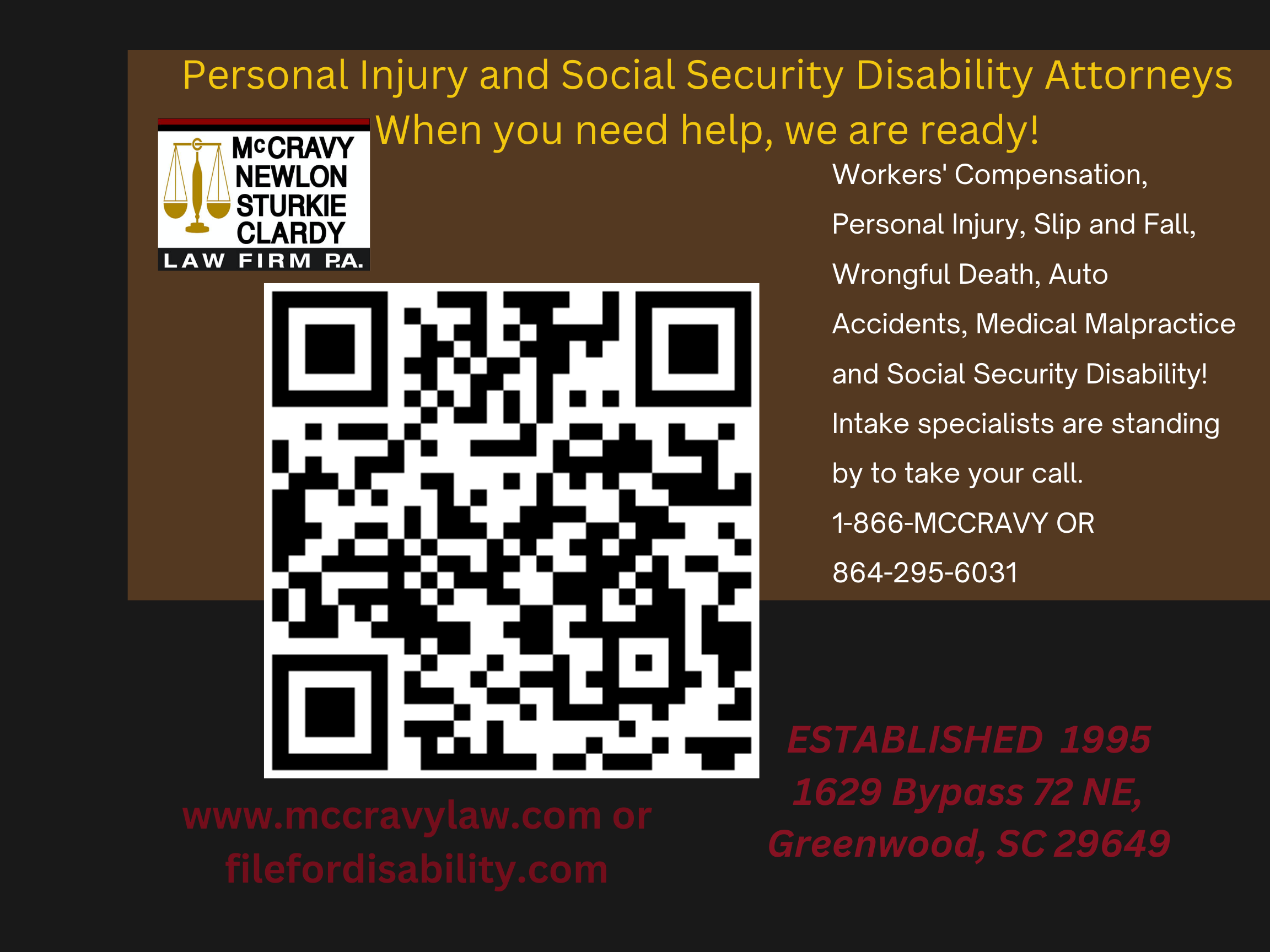Bon Secours offers new tool to assess risk of heart disease
June 7, 2024Summer is the start of hot sun and days of fun, but for those with certain risk factors, it can also be a time to pay extra attention to your heart.
Hot summer days can lead to heat stroke, sun stroke or heat exhaustion, especially for those who have a heart condition, are over 50 years old or are overweight. In hot weather, your heart needs to beat faster as a way to keep your body temperature cool.
And since it’s working harder, Bon Secours is offering an online health risk assessment tool, which is available to anyone at no cost. The tool offers insight on an individual’s risk for heart disease and empowers users to make changes by recommending lifestyle goals.
“We all want to be active during the summer so this is the time to listen to your heart and protect it through a healthy lifestyle,” said Dr. Daniel Green, an interventional cardiologist with Bon Secours Upstate Cardiology. “Some risk factors for heart disease like your age and family history cannot be controlled. While the others like high blood pressure, smoking, high cholesterol, and diabetes can be. Small heart-health actions like adding more activity and eating smart can make big difference in keeping our hearts strong.”
Early signs of heart disease are varied depending on the type of disease. Coronary artery disease often leads to chest pain, shortness of breath, and extreme weakness but could have no symptoms before a heart attack. The symptoms in women can be different from men and are often atypical like shortness of breath, nausea, vomiting and back pain.
With heart failure, early signs can be vague, such as fatigue or swelling in the legs. Valve issues might be found through other testing and discovered during routine screenings. The best way to keep tabs on your heart health is to schedule regular check-ups with your primary care provider and a cardiologist.
“Don’t put off getting a physical,” he warned. “Find out if you’re set for summer.”
Dr. Green noted patients don’t often think about their hearts until they experience symptoms of heart disease. He suggested that a heart risk assessment can remove some of the guesswork.
Here’s how it works: After collecting general data about the user such as age and activity level, the assessment will ask questions about family history, lifestyle choices as well as questions about their physical health. The user will then learn their cardiovascular risk and the “age” of their heart as well as being offered recommendations tailored to their specific circumstance. There will also be follow up from Bon Secours if the user requests it, but personal medical information is never shared.
Visit bonsecours.com for more information on heart health or take the Heart Risk Assessment at bonsecours.com/GreenvilleHeartQuiz.
About Bon Secours
Bon Secours St. Francis is part of Bon Secours Mercy Health (BSMH), one of the 20 largest health systems in the United States and the fifth-largest Catholic health system in the country. The ministry’s quality, compassionate care is provided by more than 60,000 associates serving communities in Florida, Kentucky, Maryland, New York, Ohio, South Carolina, and Virginia, as well as throughout Ireland. Bon Secours Mercy Health provides care for patients more than 11 million times annually through its network of more than 1,200 care sites, which includes 49 hospitals. In 2023, BSMH provided more than $600 million dollars in community investments across five states, ensuring that cost is not a barrier to health care for our patients in need. Locally, Bon Secours St. Francis provides compassionate medical care to thousands of area residents through Bon Secours St. Francis Downtown and Bon Secours St. Francis Eastside, as well as a network of primary and specialty care practices, and ambulatory care sites across the Greenville region. The mission of Bon Secours St. Francis is to extend the compassionate ministry of Jesus by improving the health and well-being of our communities and bring good help to those in need, especially people who are poor, dying and underserved. For more information, visit BonSecours.com.













